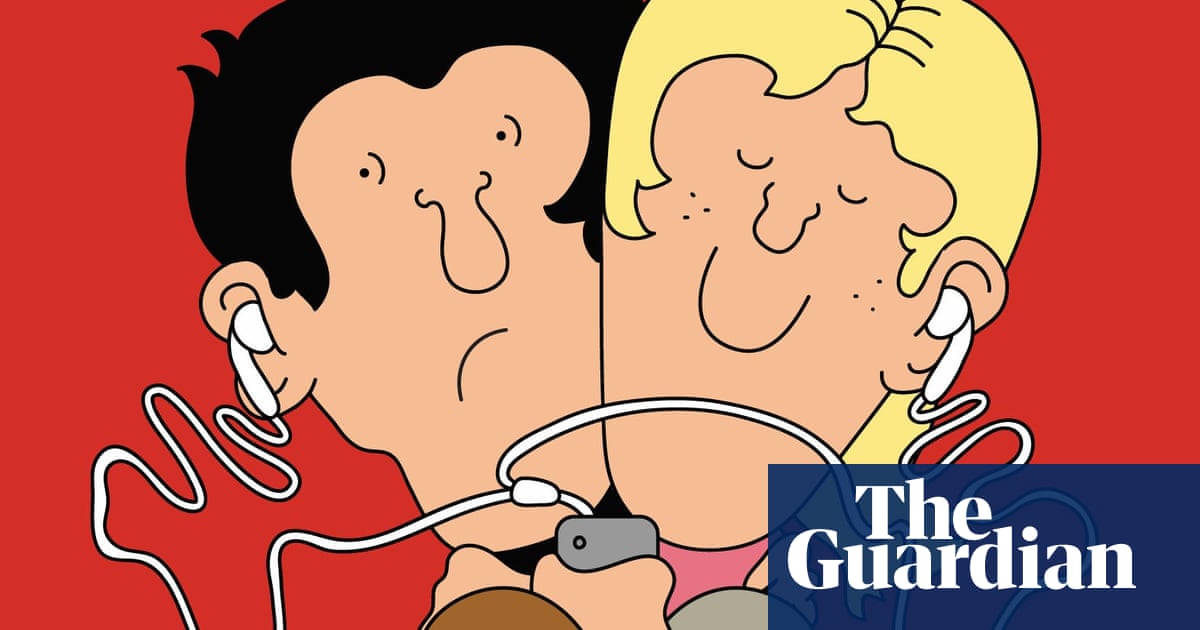Ever thought of having your genome sequenced? Me neither. But it seems that at least 15 million souls have gone in for it and are delighted to know that they have Viking ancestry, or discombobulated to find that they have siblings of whom they were hitherto unaware. The corporate vehicle that enabled these revelations is called 23andMe, which describes itself as a “genetics-led consumer healthcare and biotechnology company empowering a healthier future”.
Back in the day, 23andMe was one of those vaunted “unicorns” (privately held startups valued at more than $1bn), but is now facing harder times. Its share price had fallen precipitately following a data breach in October 2023 that harvested the profile and ethnicity data of 6.9 million users – including name, profile photo, birth year, location, family surnames, grandparents’ birthplaces, ethnicity estimates and mitochondrial DNA – and there have been internal disagreements between its board and the CEO and co-founder, Anne Wojcicki. So on 24 March it filed for so-called Chapter 11 proceedings in a US bankruptcy court in Missouri.
At which point the proverbial ordure hit the fan because the bankruptcy proceedings involve 23andMe seeking authorisation from the court to commence “a process to sell substantially all of its assets through a Chapter 11 plan or pursuant to Section 363 of the US Bankruptcy Code”.
And those assets are… well, basically the genetic data of the company’s 15 million users. And the problem is that these assets are very attractive to many potential purchasers – some good (medical researchers, for example) and some not so good (marketers, scammers, spooks and authoritarians, to name just a few). A person’s genome yields information about biological characteristics (eye and hair colour, height predisposition); health (disease risk, cancer susceptibility, recessive genetic conditions that could be passed on to offspring, how they might respond to certain medications); information about ancestry; and of course precise identification for forensic purposes.
Genetic data can reveal a lot about a person, from their health predispositions and vulnerabilities to even their food preferences. Researchers at Edinburgh University and Milan, for example, have identified hundreds of genetic variants – differences in people’s genetic make-up – linked with their liking for specific foods, including ones associated with a love of aniseed, avocados, chillies, steak, oily fish and many more.
But the really important thing is that genetic data is permanent, unique and immutable. If your credit card is hacked, you can always get a new replacement. But you can’t get a new genome.
When 23andMe’s data assets come up for sale the queue of likely buyers is going to be long, with health insurance and pharmaceutical giants at the front, followed by hedge-funds, private equity vultures and advertisers, with marketers bringing up the rear. Since these outfits are not charitable ventures, it’s a racing certainty that they have plans for exploiting those data assets, though they will be, er, economical with the truth about their intentions.
In 2020, ancestry.com, a US genealogy company that operates a network of genealogical, historical records and related genetic genealogy websites, was bought by the Blackstone group for $4.7bn. When the Los Angeles Times started asking questions about why one of the world’s biggest asset-management firms was interested in genealogy, the company declared: “We invested in Ancestry because it is a clear leader in its industry with a digital subscription business that has continued to grow significantly. Blackstone has not and will not access user DNA and family tree data, and we will not be sharing this data with our other companies. To be crystal clear, doing so was never part of our investment thesis – period.” Aw, shucks: a megacorp settling for modest subscription revenues.
What can those who entrusted their genetic information to 23andMe do to ensure that their ultra-personal data isn’t enriching its new owners? There’s plenty of good advice available. California’s attorney general, Rob Bonta, immediately issued a consumer alert to the company’s customers, advising them to delete their data and destroy any samples of genetic material held by the company – and to revoke permission for their data to be used for research. Similar advice came from the New York Times and the Electronic Frontier Foundation.
But perhaps the best advice of all is to think before you sign up for any of these services. A survey of 23andMe customers in 2017 and 2018 showed that more than 40% were unaware that data sharing was part of the company’s business model. Once upon a time, we used to say that “if the service is free, then you’re the product”. Turns out that even if it’s not free, you’re still the product.
What I’ve been reading
Naked self-interest
The imperialism has no clothes is a nice Substack essay by historian Timothy Snyder about JD Vance’s ludicrous visit to Greenland.
Breaking news
Can journalism survive Trump? Can democracy? Ethan Zuckerman’s notes on an extraordinary conversation between Jay Rosen and Taylor Owen.
The era of Trump economics
A perceptive blogpost by John Ganz, The Juggler is about how Trump resembles Napoleon III.
-
Do you have an opinion on the issues raised in this article? If you would like to submit a response of up to 300 words by email to be considered for publication in our letters section, please click here.

 1 month ago
28
1 month ago
28

















































